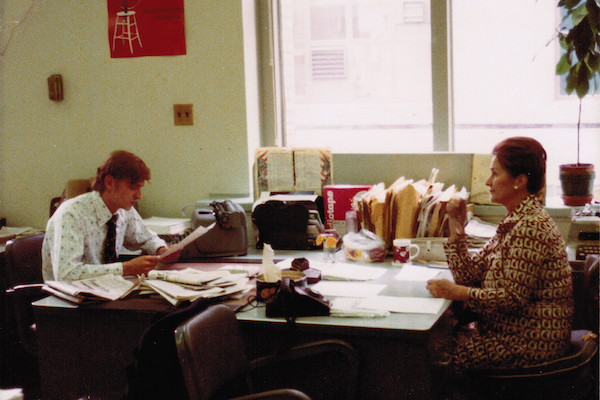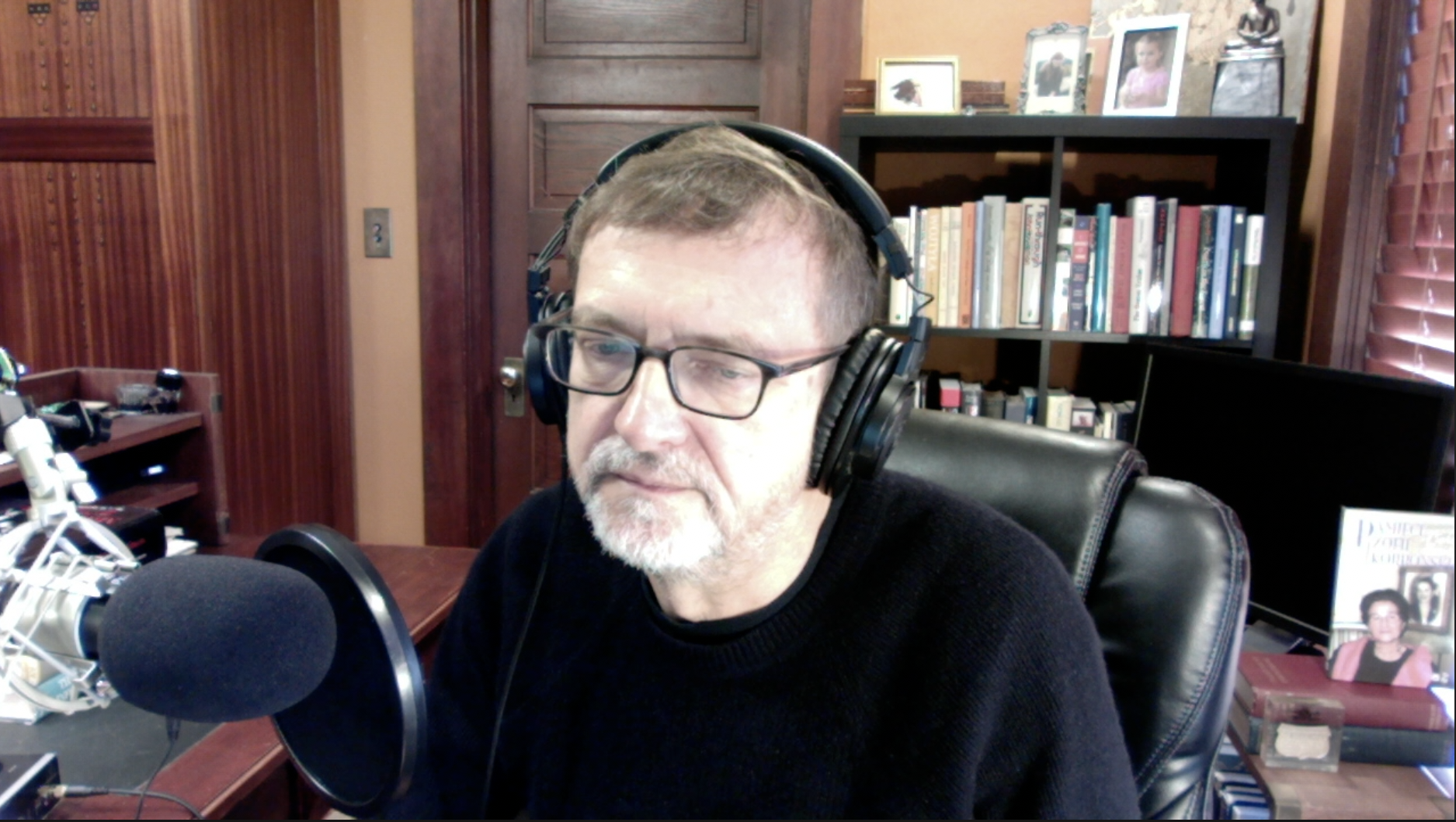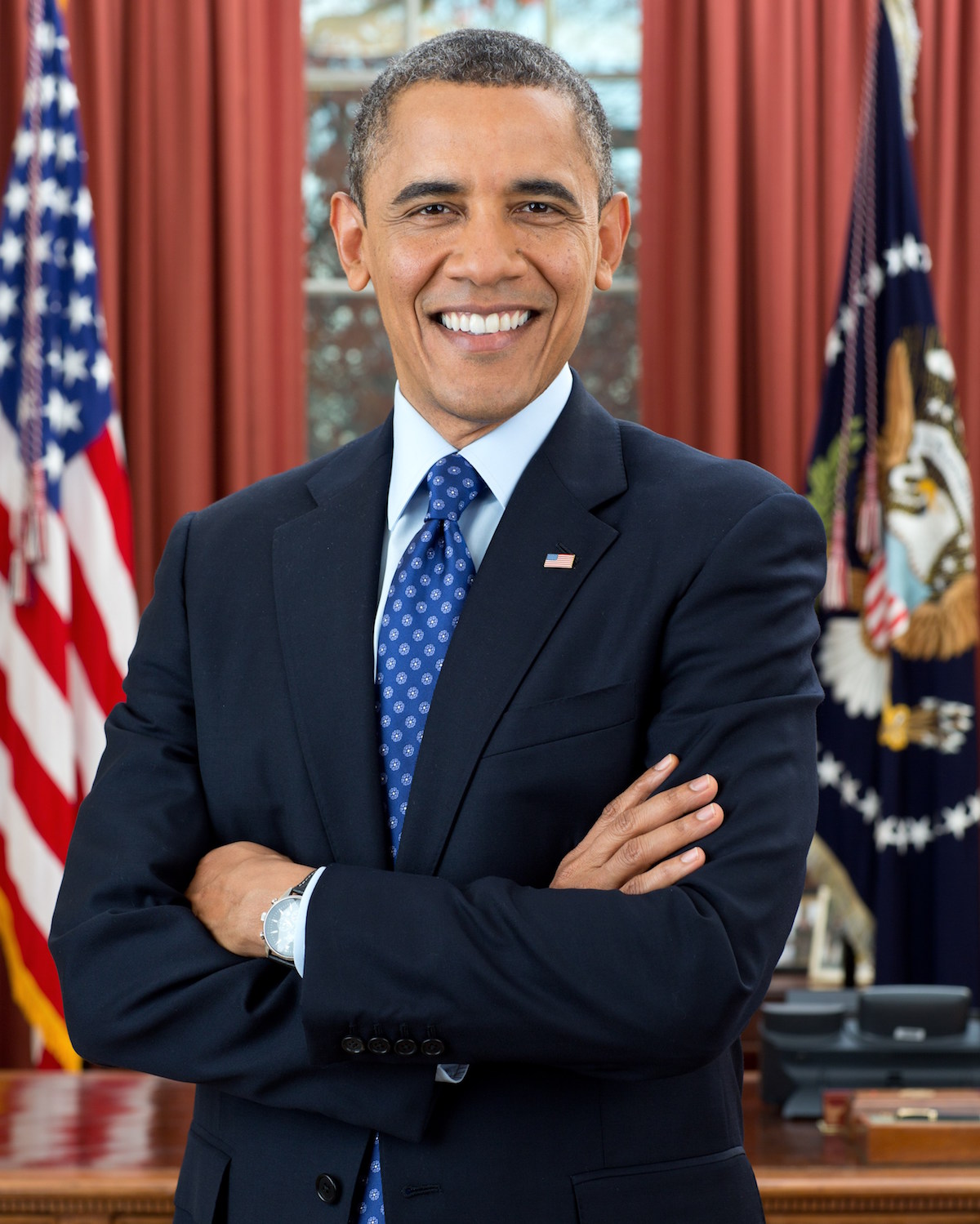Poland’s communist regime organized a referendum on political and economic reforms, which was held on 29 November 1987. Around a third of eligible voters did not participate, defying the regime. It was the first time that Communist authorities in Eastern Europe had lost a vote. I covered the referendum for the Voice of America (VOA) Polish Service. After the vote,…
Lech Walesa on Importance of Voice of America in Poland’s Struggle for Freedom and Democracy
“Nie wyobrażalne jest by mogło to mieć miejsce tak szybko i tak skutecznie gdyby nie Głos Ameryki.” — Lech Wałęsa, 2002. “It is not conceivable that it would have happened so quickly and so effectively if not for the Voice of America.” — Lech Wałęsa, 2002. October 5, 2013 will mark the 30th anniversary of the Nobel Committee announcement that…
Vice President George H.W. Bush’s September 1987 Visit to Poland – Report in Polish (po polsku)
Vice President George H.W. Bush began a four-day visit to Poland on Saturday, September 26, 1987. His visit facilitated talks between Solidarity and the communist regime and eventual peaceful fall of communism in Poland. I interviewed Vice President Bush at the White House before the trip and accompanied him as Voice of America Polish Service correspondent. I filed this report…
Interweaving of Public Diplomacy and U.S. International Broadcasting
Interweaving of Public Diplomacy and U.S. International Broadcasting A Historical Analysis by Ted Lipien Published in American Diplomacy, December 2011 Summary U.S. policy makers have used traditional diplomacy, public diplomacy and government-sponsored journalism to promote America’s interests and to influence public opinion abroad. On the journalistic side, the so-called surrogate radios: Radio Free Europe and Radio Liberty – more independent…
Reagan and Korbonski on Yalta and Poland
As Poland prepares for next year’s 70th anniversary of the Warsaw Rising, I wanted to share Stefan Korboński‘s 1984 letter to The New York Times, in which the last chief of the Polish wartime underground State repeated President Ronald Reagan’s earlier statement that the United States rejects any interpretation of the Yalta agreement that suggests American consent for the division of…

LIPIEN: Remembering a Polish-American patriot
On September 1, 2010, The Washington Times published my article about Zofia Korbońska, an anti-Nazi and anti-Communist resister and a Voice of America Polish Service journalist who had passed away on August 16, 2010.

Why U.S. Public Diplomacy No Longer Works and Can It Be Fixed?
Update: America.gov restored my comment.
![]() TedLipien.com, Truckee, California, December 27, 2010 — On the day the U.S. Senate voted to approve the new arms reduction treaty with Russia, I found an article on the State Depatment’s website, America.gov, which gave a long list of the START treaty’s benefits lauded by the Obama administration but failed to note any of the objections from some key Republican lawmakers and other critics. I posted a short comment that a website devoted to public diplomacy, with a name that implies that it represents the views of the entire American government and the American public, should try to present a more balanced perspective and mention some of the difficulties in getting the U.S.-Russian agreement approved by the Senate.
TedLipien.com, Truckee, California, December 27, 2010 — On the day the U.S. Senate voted to approve the new arms reduction treaty with Russia, I found an article on the State Depatment’s website, America.gov, which gave a long list of the START treaty’s benefits lauded by the Obama administration but failed to note any of the objections from some key Republican lawmakers and other critics. I posted a short comment that a website devoted to public diplomacy, with a name that implies that it represents the views of the entire American government and the American public, should try to present a more balanced perspective and mention some of the difficulties in getting the U.S.-Russian agreement approved by the Senate.

![]() Opinia.US Truckee, CA, December 5, 2010 — A newly disclosed secret cable to the State Department in Washington shows that American diplomats in Moscow sometimes fall for Russian media disinformation and pass it on without questioning while adding their own pro-Kremlin commentary. Most diplomatic cables from the U.S. Embassy in Moscow, which have been released so far by WikiLeaks, seem, however, far more sceptical and critical of the Kremlin.
Opinia.US Truckee, CA, December 5, 2010 — A newly disclosed secret cable to the State Department in Washington shows that American diplomats in Moscow sometimes fall for Russian media disinformation and pass it on without questioning while adding their own pro-Kremlin commentary. Most diplomatic cables from the U.S. Embassy in Moscow, which have been released so far by WikiLeaks, seem, however, far more sceptical and critical of the Kremlin.
Update: The results of the mid-term elections have shown that American voters have had a chance to evaluate President Obama and have strongly rejected his leadership. While economic and other domestic issues played a major role, it was also a vote of no confidence in his foreign policy.
BBG Chairman Walter Isaacson: America’s Voice Must Be Credible And Must Be Heard | Radio Free Europe/Radio Liberty (RFE/RL)
Radio Free Europe/Radio Liberty (RFE/RL) press release: Walter Isaacson: America’s Voice Must Be Credible And Must Be Heard September 29, 2010 (Washington, DC) Broadcasting Board of Governors (BBG) Chairman Walter Isaacson tonight announced a new direction for U.S. international broadcasting that “seizes on the latest media tools and technology to stay one step ahead of those who seek to repress…